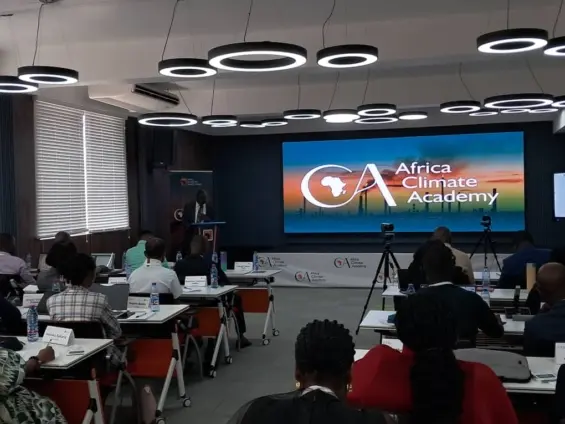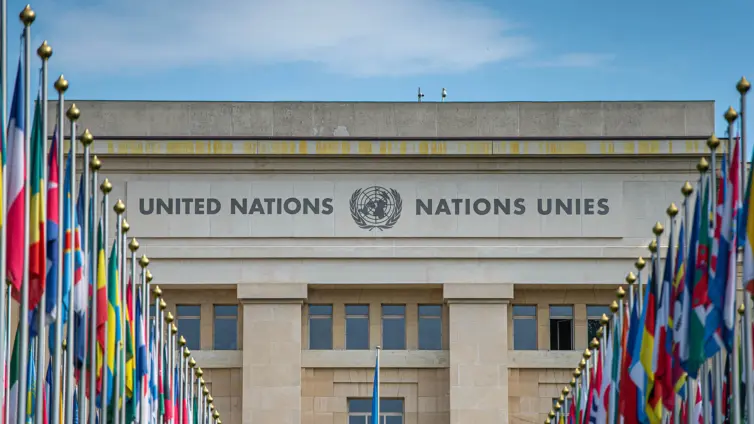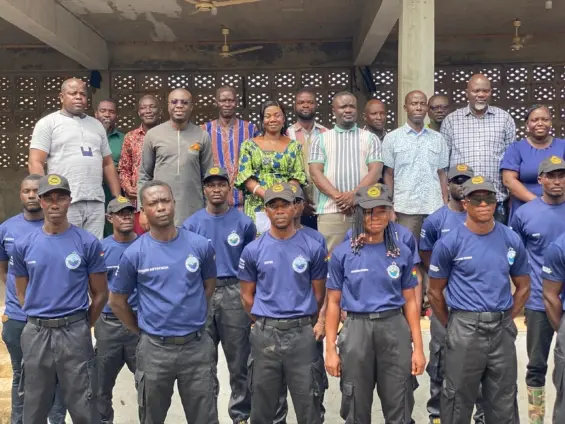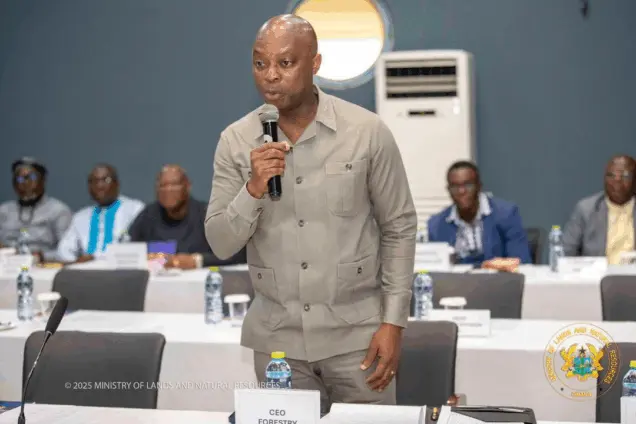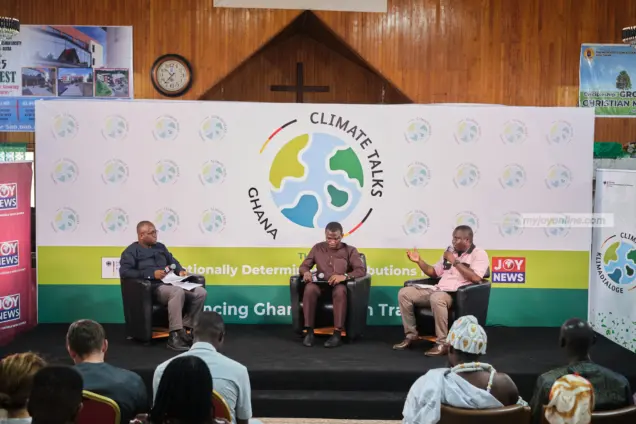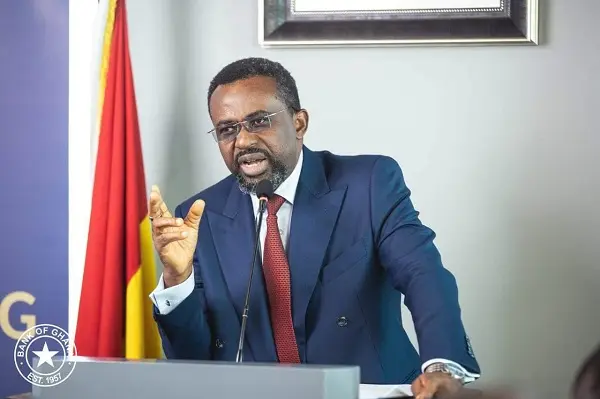Accra, Ghana—The Africa Climate Academy has launched its second cohort, a pivotal moment in equipping African leaders with the expertise needed to confront climate change and champion sustainable energy solutions. Organized by the Africa Centre for Energy Policy (ACEP), this intensive program gathers policymakers, media professionals, civil society leaders, and academics from across the continent. The initiative directly tackles the urgent need for African-led solutions in the global energy transition discourse, challenging existing narratives and working toward a future where Africa is at the forefront of renewable energy innovation and sustainable development. Building on its success in 2024, the Africa Climate Academy is solidifying its role as a key platform for shaping climate and energy policy throughout Africa, and a key driver of the energy transition.
The Africa Climate Academy’s energy transition program is particularly important as it seeks to redefine the conversation around climate action and energy transition, prioritizing African perspectives and needs. Participants are set to gain practical strategies to influence climate-responsive policies, with training focusing on innovation, transparency, and accountability in climate governance. The Academy also serves as a crucial platform for ongoing dialogue and collaboration among African nations.
“We encourage full engagement,” said Benjamin Boakye, ACEP’s Executive Director, emphasizing Africa’s potential to lead in renewable energy due to its vast natural resources.
Africa’s opportunities in renewable energy are vast. The continent possesses abundant reserves of solar and wind energy, resources that present a significant opportunity for renewable energy production. Harnessing these renewable resources has the potential to drive economic development across the continent and ensure a more equitable global energy future by enabling Africa to play a pivotal role.
Developing solutions tailored to Africa’s unique challenges and needs is also of paramount importance.
“Africa needs to address climate change holistically and develop homegrown solutions,” noted Prof. Nana Ama Browne Klutse, Acting Executive Director of the EPA.
Reframing the climate action narrative is crucial for Africa’s success. Climate action should be viewed not as a cost, but as an investment in inclusive growth and stability. Decarbonizing economies is essential for future-proofing development, not hindering it. The focus should shift from viewing Africa as a continent in crisis to recognizing its capacity to lead.
“Africa needs space, support, and strategic investment to lead in climate action,” emphasized Issifu Seidu, Minister of State for Climate Change and Sustainability, adding that the continent demands climate finance that is fair, accessible, and responsive to African realities.
The Academy aims to act with intention, challenging outdated, polluting development models, and ensuring strategic investment in sustainable solutions.
The Africa Climate Academy anticipates several key outcomes from its Energy Transition Program. Participants are expected to return to their countries better equipped to contribute to climate adaptation, further renewable energy expansion, and drive policy reform at the national and regional levels. The Academy also aims for Africa to emerge as a global hub for clean energy innovation, contingent upon the right investments, policies, and partnerships.
In conclusion, the Africa Climate Academy’s Energy Transition Program represents a critical investment in Africa’s sustainable future. By empowering policymakers, media professionals, and civil society leaders with the knowledge and tools to address climate change, the academy is fostering a new era of African-led solutions. The focus on renewable energy, homegrown strategies, and reframing the climate action narrative highlights Africa’s potential to lead in the global energy transition, promoting economic growth and ensuring a more equitable future for all. Supporting this crucial initiative means advocating for policies that promote renewable energy in Africa and investing in climate finance that is fair and accessible, thereby propelling Africa towards a sustainable and prosperous future.
Image Source: MYJOYONLINE

